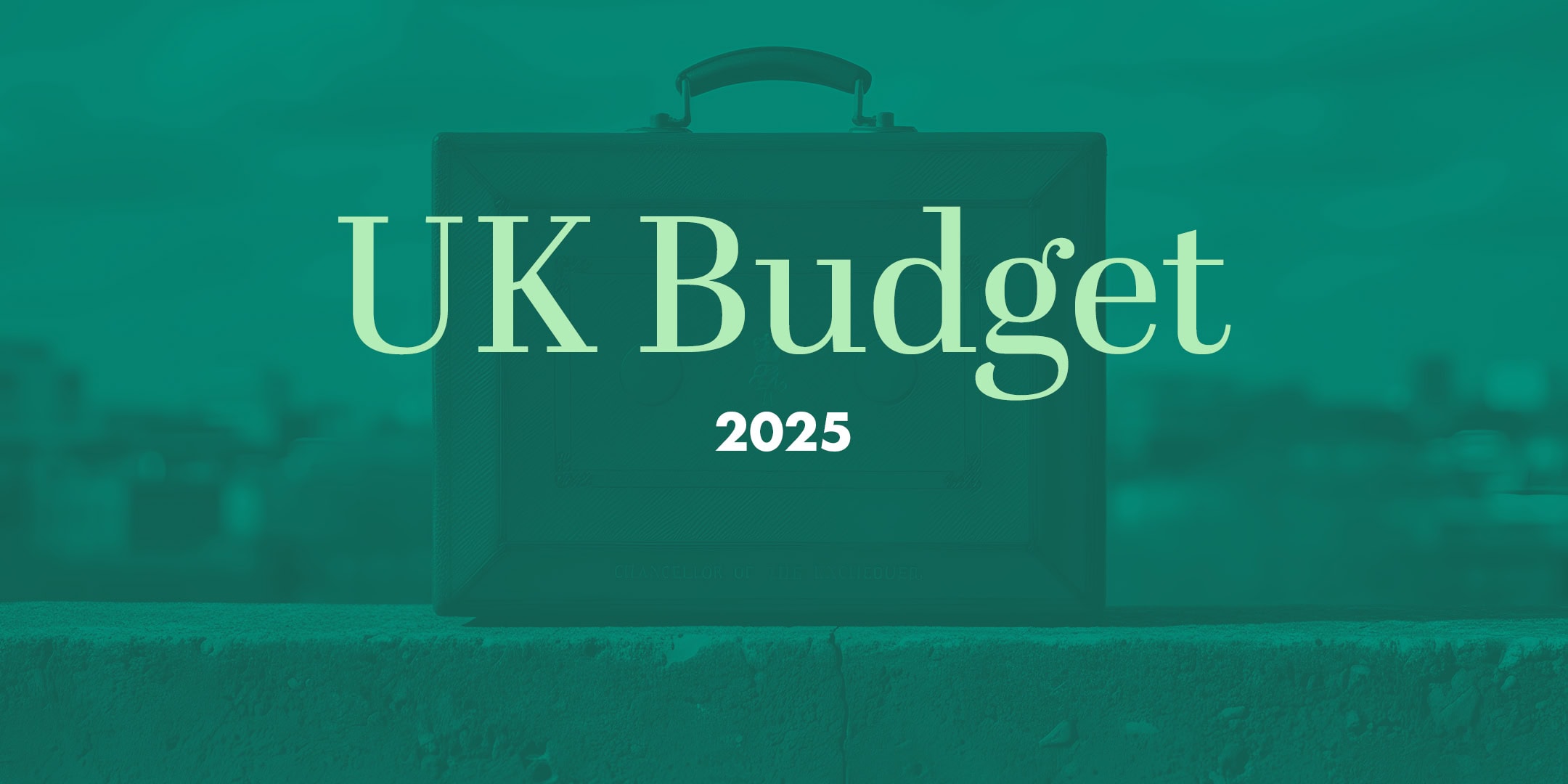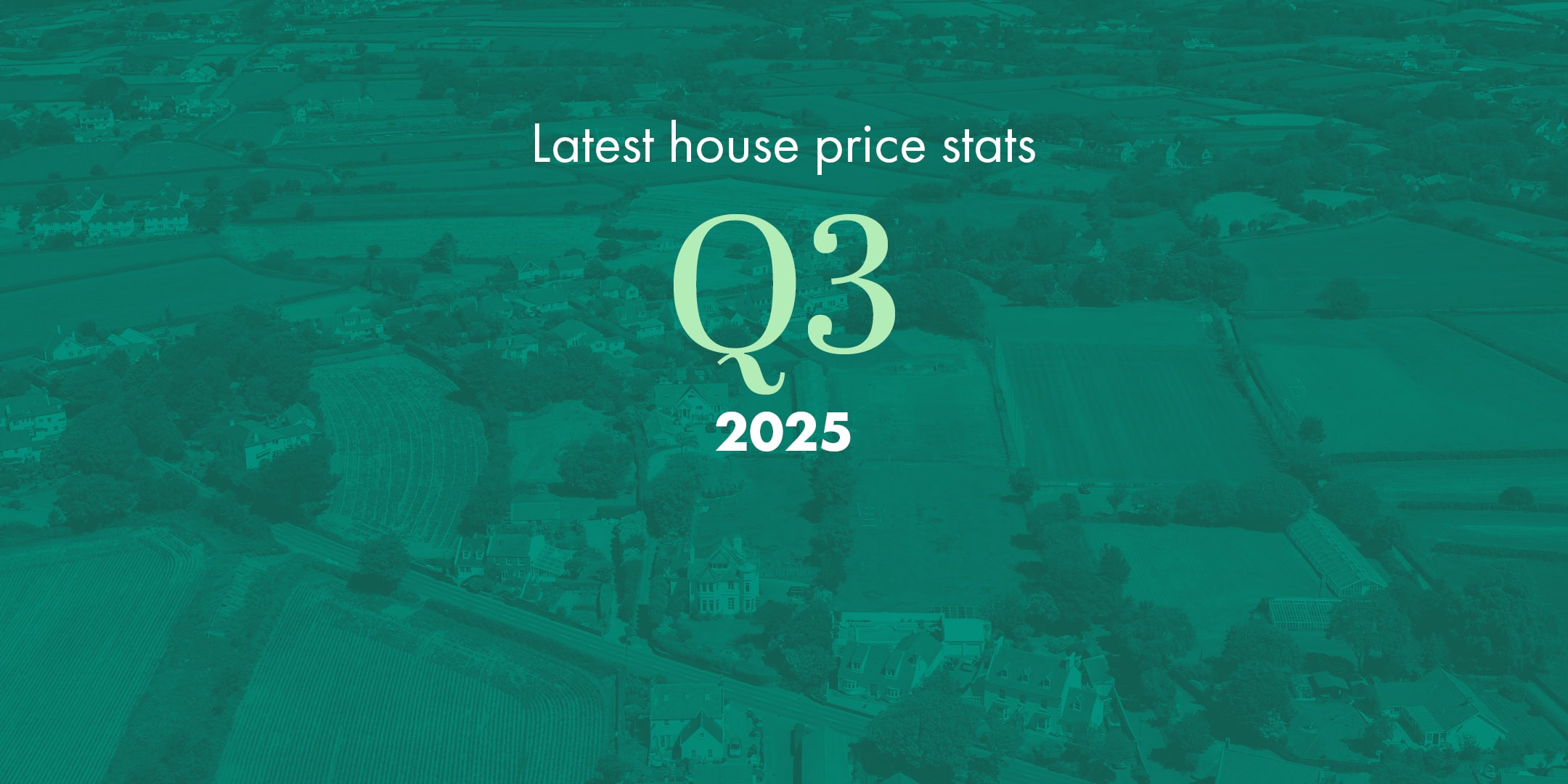Cryptocurrency, blockchain and their applications in financial services and beyond are complex and continually evolving. Mark Le Page of EY explains why the technology is exciting news for Guernsey.
Mark Le Page is an experienced financial services regulatory practitioner and policymaker. After more than 16 years at the Guernsey Financial Services Commission, Mark joined EY as Extended Assurance Director. He is chair of ACCA Global Business Law Forum and a Global Executive PhD candidate, researching blockchain and regulation.
You joined EY already having an interest in cryptocurrency and blockchain. At what point in your career did you encounter the concepts, and were you excited about them straight away?
Back in the mid-2010s when I was at the regulator, I was brought into a meeting with Northern Trust and government as well. I’d been following what had been happening with Bitcoin, and Northern Trust were telling us about their own blockchain project. When I saw this presentation I realised that it provided a solution to industry problems that had existed for a long time. At that time cryptocurrency and blockchain was a financial experiment, but for us at the regulator, and for me personally, it was very exciting that all of a sudden one could see that this technology was something that could be used in the mainstream financial services industry.
How would you explain cryptocurrency to a lay person?
At its most basic level, cryptocurrency at the moment is an investment. It’s an asset, and it’s a speculative asset at that. For it to be a currency you’ve really got to have a greater supply of it, whereas if you take Bitcoin as an example, only 21 million Bitcoins exist and there’s only ever going to be a fixed number of them. By the very limits of monetary and financial economics, there isn’t one cryptocurrency out there at the moment that is a genuine currency.
And how does it work?
Blockchain is the code that makes the cryptocurrency work. There are two different programmes going on whenever you try and get a Bitcoin, for example. There’s the code which is the Bitcoin itself and there’s the code that exists to make sure that you can get the Bitcoin, and that’s really what mining is when it comes down to it. The code is like a super-charged security code into your bank account, but rather than accessing your bank account you’re accessing a Bitcoin or one of the other cryptocurrencies.
Is Bitcoin the cryptocurrency that everyone is most interested in?
In the mid-2010s that’s what everybody was talking about, but now you have a number of cryptocurrencies. I think the one that most interests people in financial services is ERC-20, which is the one on which smart contracts can be done on the Ethereum blockchain, and the one that seems to have most flexibility. There’s been an announcement that Ethereum and Binance can link and you can effectively cross coins across the platform. At EY we’ve been saying that if you want something to work in this space you’ve got to have something that transfers well across technology borders, so this is huge.
Why should people in Guernsey be excited about cryptocurrency?
In the first instance, fundamentally because it’s a very speculative asset, I think it’s only really for people who understand that you can lose it all as well as going very big. So any excitement should come with a very big health warning.
What I think is more exciting for Guernsey is the technology behind it. What the Ethereum-Binance match up means in practice is that we’re getting closer and closer to a universal language for finance. And that means that anybody who wants to start up in the financial services world in the not-too-distant future won’t have to spend enormous amounts of money to put in the relevant systems to become part of the industry.
The other thing that is potentially quite exciting, and this is what I’m doing my PhD on, is this idea of central bank digital currencies. It would create greater trust in a currency system again, and enable economists to make quicker, better financial decisions. And that starts giving greater stability to the price of the money that’s in your crypto-wallet as opposed to all of the exchange difference problems that we have now. What it could lead to is that when you go on holiday, you won’t have to worry so much about whether you win or lose at the exchange because there should be better price stability between currencies.
Do you think people would be nervous about moving away from traditional currencies?
I guess the person who likes to have a bit of money under the sofa would see that as the loss of controlling their own money. But if the last 15 years in the financial services industry have taught us anything, it’s that banks can go bust. Part of the reason why cryptocurrencies began to take off was the question of whether we can actually trust the banks: a whole load of them gambled our money away and then went bust in 2008/2009. It was a case of hang on a minute, if we can’t trust our financial institutions who can we trust?
For me the excitement of the central bank digital currency idea is that you know there is code there that you can trust if it’s written well. If you put sound economics behind it, and the government or a central bank behind it, it will probably work and actually give greater stability in your pocket.
Are there issues that still need ironing out?
Nobody knows yet if cryptocurrency is actually going to be the answer, but the people who will be in the best position to run with whatever the solution is in the future, are the people who’ve wrestled with the issues now. It’s either the solution or it’s the journey towards the solution.
What would you say to any budding financial entrepreneurs in Guernsey?
If I were 24 or 25 right now I would be thinking that rather than going through a traditional career route – which I did and I’m very grateful for – I would be considering starting up my own thing. And I could do it very cheaply. This whole cryptocurrency thing is quite clever, but the real excitement is the technology that makes it work, because that technology is already beginning to bleed into the financial services industry.






